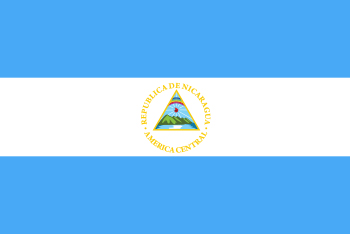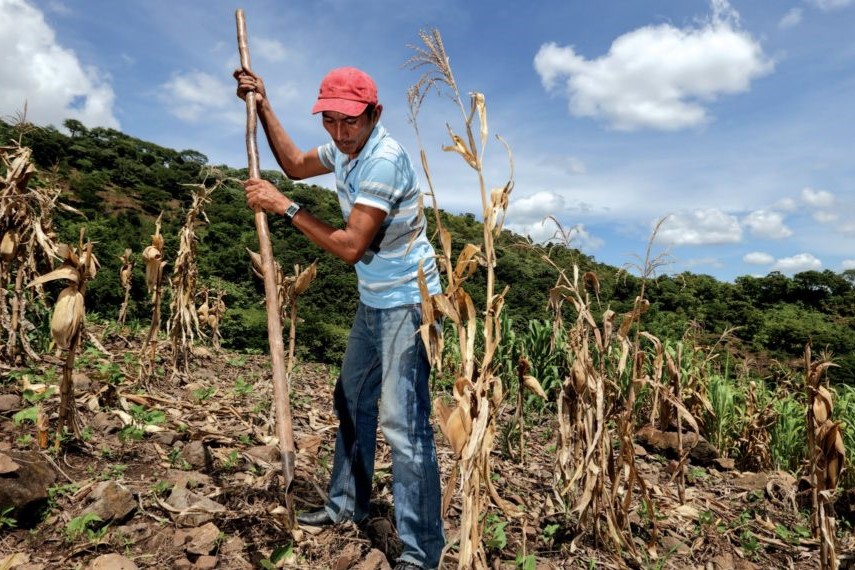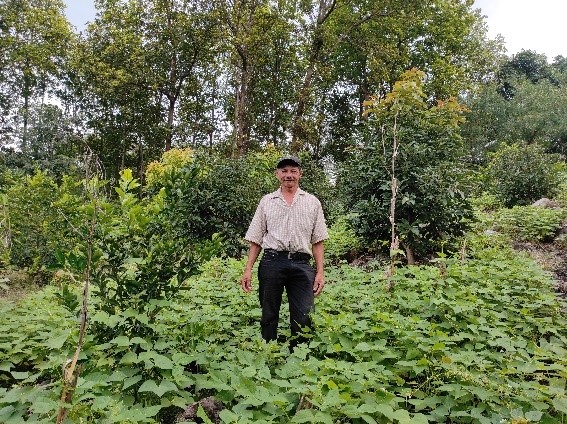 Nicaragua Estelí
Nicaragua Estelí
$42,400 needed of $50,000

Implementing Organization
Catholic Relief Services (CRS)
Program Summary
Estelí is located in Central America’s Dry Corridor, a region that stretches from Guatemala to Western Nicaragua. This area represents one of the places most affected by climate change over the last two decades. Seasons are getting both hotter and drier. Precipitation is increasingly sporadic and when it does come it is intense, washing away topsoil and providing little benefit to the crops small holder farmers are growing.
Catholic Relief Services and local partner INSFOP (Instituto de Formación Permanente Felipe y Mary Barreda) are working with families to help them adapt to these changes through the promotion of water smart agricultural practices and practices that increase the organic matter content in soils. These techniques build soil health over time leading to increased yields. Crop diversification will improve families’ diets. Training on marketing surplus crops and the formation of savings and lending groups will help families improve their incomes and launch new small businesses.
Elvis' Story - Nicaragua Estelí
Elizabeth's Story - Nicaragua Estelí
Maria's Story - Nicaragua Estelí
Arlon's Story - Nicaragua Estelí
Success Stories

Working Smarter, Not Harder
As Felipe gets on in years, he’s learning the value of working smarter, not harder, and getting better results than ever before. “I inherited this little plot of land from my father 32 years ago, and as far back as I can remember I’ve always been dedicated to agriculture, mostly corn and beans. We worked hard, but I realize now that we did not protect our soils. When we plowed, we were losing precious organic matter.”
In this land of worsening cycles of drought and flooding, using climate-smart practices and crop diversity helps to reduce the risk of total crop failure. Success with these practices also increases the likelihood that farmers will stay on their land rather than migrating.
“After receiving training, we got vouchers for inputs, fruit trees and vegetable seeds,” Felipe says. “We’re doing no-till, and leaving crop residues in the fields to fertilize the soil and maintain moisture. The biggest and best change for me is plant spacing instead of wasting seed by throwing it randomly on the ground. I actually plant less land but get better yields, and save a lot of money that way! And now I have room for coffee, fruit trees, and some vegetables.”
Felipe says that he wants to dedicate more time and space to growing fruit trees because, as his strength wanes, they require less effort but bring in more income. He’s joined a savings and lending group, and has been able to make things easier on himself by buying a motorized irrigation pump and a donkey to bring his production in from the fields.
He can’t speak highly enough about the seed bank area farmers have created. “We’d never been organized. We often had nowhere to buy seed from or anything to buy it with, but now we have very good seed available close by for the next sowing season. We must keep improving and stay united, not only to support ourselves as members, but to show other communities there’s hope and a better way.”
Felipe’s goal is to help his daughter, who is in her last year of high school, get a good education and, eventually, a professional career. Despite growing older, he has confidence that he can make this dream a reality because of the improvements he’s brought about.
Nicaragua Estelí Program
Led by Catholic Relief Services and local partner Instituto de Formación Permanente Felipe y Mary Barreda (INSFOP)
